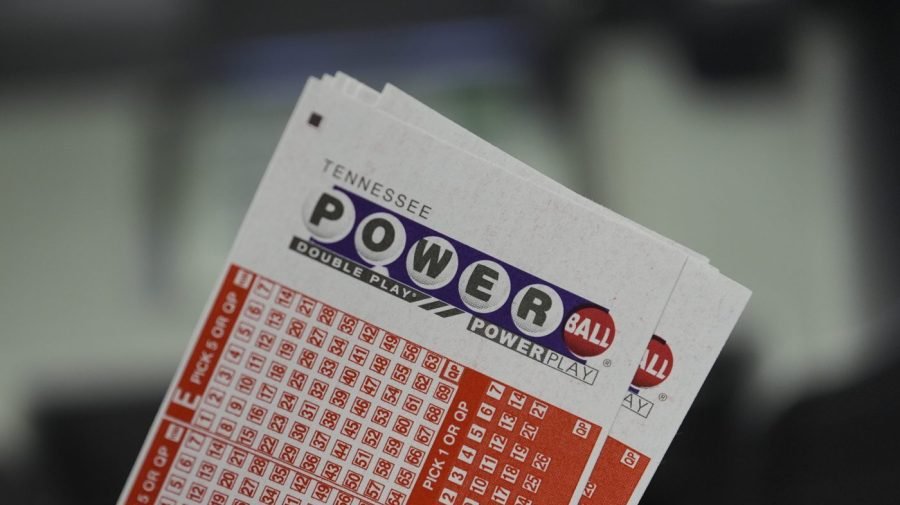
The Powerball jackpot increased to a whopping $1.4 billion for Wednesday night’s drawing — the fourth largest in its history and the sixth largest ever among all U.S. lotteries.
While the chances of striking big are notoriously slim, even a lucky jackpot winner should not expect to walk away a billionaire any time soon.
In fact, only a fraction of that $1.4 billion payout would likely hit even the luckiest scratch-off player’s bank account in the next few years.
First, jackpot winners must decide whether to accept their prize in 30 annual payments, starting small and increasing each year by 5 percent for a total of an estimated $1.4 billion; or whether to accept their prize money in one lump sum of $634.3 million — the estimated cash value of the $1.4 billion, when accounting for inflation over the next three decades.
For those who opt for the immediate cash buyout, the $634.3 million quickly reduces even further.
The federal government initially withholds 24 percent of cash earnings right off the bat — so winners would walk away with roughly $482.1 million.
But the massive lottery income immediately places any jackpot winner in the top federal income tax bracket for single filers.
When tax season rolls around, that means winners would need to pony up the full 37 percent of earnings. The remaining 13 percent of taxes would amount to roughly $82.5 million, leaving roughly $399.6 million after federal income taxes.
Residents in eight lucky states don’t have to worry about paying any more taxes on their lottery winnings. Seven of those states have additional state income tax, while California is the only state that exempts in-state lottery winnings from its notoriously high state income tax.
For those who purchased their lottery tickets in other states, the nearly $400 million total prize money remaining is expected to take even further cuts. But it depends on the state and the income tax rates that apply in their jurisdiction.
New York City residents, for example, would be among the least lucky winners.
State taxes would take 10.9 percent, or roughly $69.1 million, from top earners, leaving $330.5 million left over.
And local income tax for New York City residents would take an additional 3.876 percent, or $24.6 million, from winners, leaving $305.9 million as their final take-home prize money.


